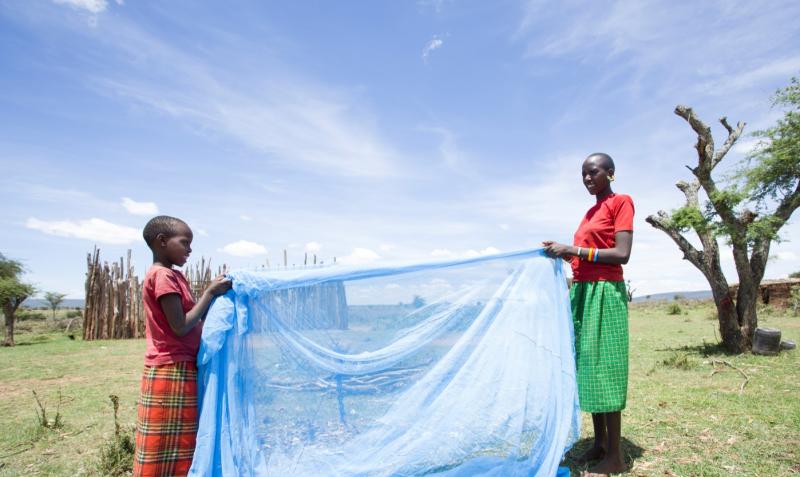Partnerships drive innovation in the fight against malaria
Health day
Amsterdam, 25 April 2022 – Every year on the 25th of May, we recognise global efforts to control malaria. Globally, over 3 billion people in 106 countries are at risk of malaria. Malaria is a preventable and treatable disease that continues to have a devastating impact on the health and livelihood of people around the world. In 2020, there were an estimated 241 million new cases of malaria and 627.000 malaria-related deaths in 85 countries. Still, more than two thirds of deaths were among children under the age of five living in the WHO African Region (WHO, 2022). This year’s World Malaria Day campaign is marked under the theme ‘Harness innovation to reduce malaria disease burden and save lives.’
IDA’s malaria ecosystem
As global supplier of essential malaria products, and as procurement agent for the Global Fund’s PPM Vector Control programme, IDA is part of a global ecosystem dedicated to help achieve a malaria-free world. We are uniting with other health partners across the world to fight against the world’s oldest and deadliest disease.
Sharing knowledge in our Malaria Vector Control meeting
Earlier this month, IDA Foundation organised a malaria morning meeting together with different partners. The main purpose of this meeting was to share knowledge and perspectives between IDA and its partners, focusing especially on learnings on global supply chain resilience in times of vast disruptions. It was also an opportunity to have a better understanding of what occurs in malaria disease in general and its resistance against existing medication, the countries where malaria is prevalent, the products that are currently on the market, challenges that arise, global supply chains and the planning of campaigns.
Power of partnerships
We believe that collaboration with different partners drives innovations when it comes to tackling deadly diseases such as malaria. This innovation takes place at different levels, being vector control in the forms of Insecticide-Treated Nets (ITN) and indoor residual spray (IRS), medication for the treatment of malaria, and the building of resilient global supply chains to ensure access to several products.
For more information about our approach to malaria please visit our Malaria page.

